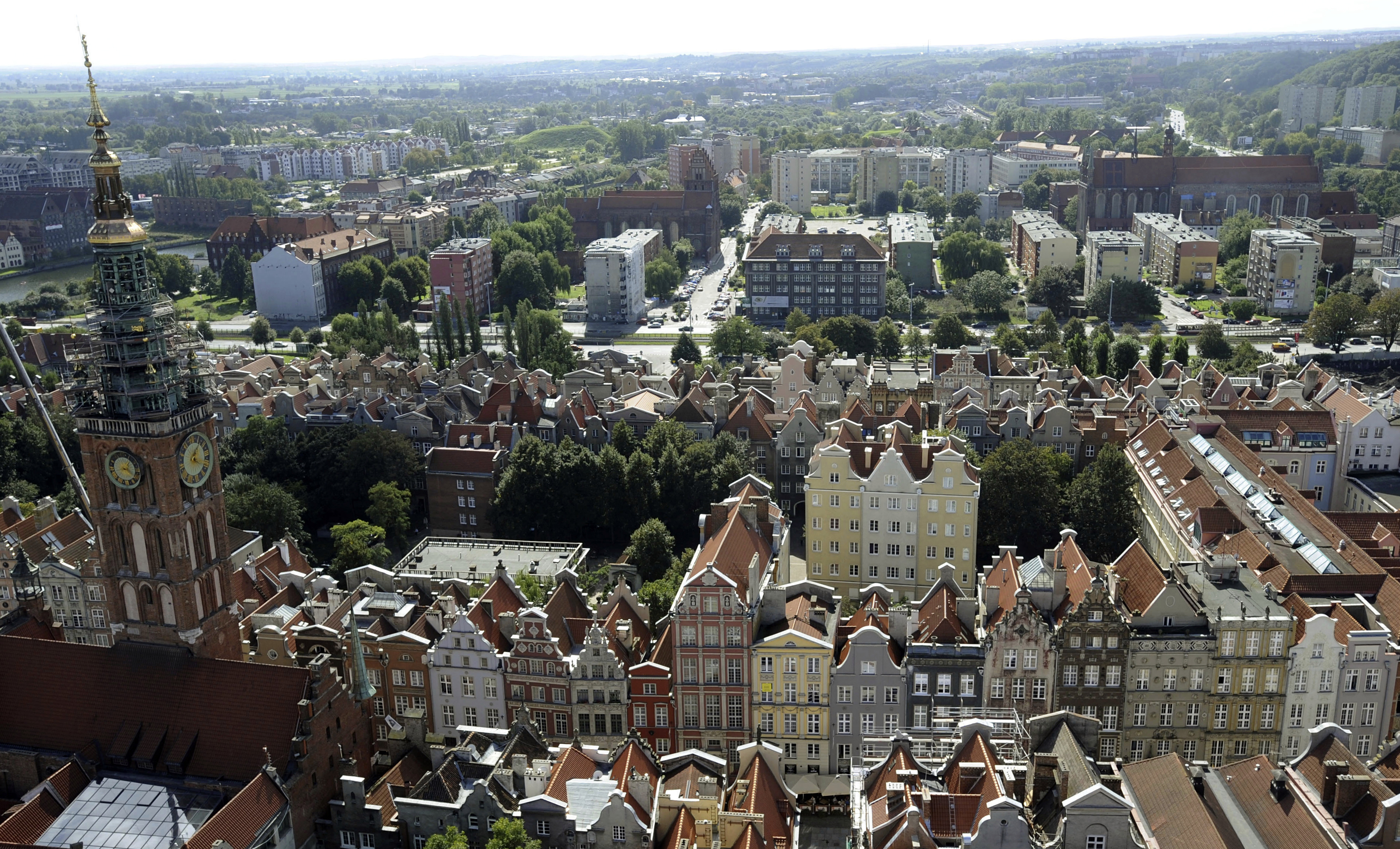
Slain mayor led Polish city known for openness, Solidarity
WARSAW, Poland (AP) — Poland’s port city of Gdansk, where the longtime mayor died Monday after being stabbed at a fundraiser, served as the setting for key events in 20th century European history, from the early shots of World War II to the Cold War’s final days.
The movement that played a pivotal role in the collapse of communism across Eastern Europe was born in the local shipyard, an event Mayor Pawel Adamowicz and others recalled when they called Gdansk a city of “freedom and Solidarity.”
Solidarity, the anti-communist trade union and social movement, was founded in 1980 by the shipyard electrician Lech Walesa, who went on to become Poland’s president. Walesa, 75, still lives in Gdansk and joined residents mourning the mayor Monday.
Adamowicz, 53, worked with Solidarity as a student and Walesa said he would remember him as a “great activist” and a friend.
Situated on the Baltic coast, Gdansk’s history goes back more than 1,000 years. The land the city occupies now changed hands many times between Poles and Germans, who know it as Danzig.
Due to its position on the sea and at the mouth of the Vistula River, it emerged as a commercial hub for exported grain, helping to bring Poland significant power from the 15th century to the 18th century.
Long connected to Amsterdam, Hamburg and other port cities, Gdansk has a legacy of openness to the world. The buildings in old town reflect Gothic, Renaissance and Baroque architectural styles, even though much of the area had to be rebuilt after World War II.
War and resistance are now woven into the city’s identity.
In 1939, Nazi German forces fired some of the first shots of World War II on Gdansk’s Westerplatte Peninsula while attacking a Polish military depot. The defense of the depot started years of Polish resistance to the occupying Germans.
Because of its history, Gdansk was chosen as the site for the Museum of the Second World War. The museum, which opened in 2017, has been the focus of an ideological battle between its liberal creators and the nationalist Polish government that came to power in 2015.
The creators focused the exhibits on the suffering of civilians across Europe. The government has been changing the message to stress Polish suffering and heroism.
Adamowicz, 53, was a strong supporter of the original, more universal message.
___
This version has been corrected to show phrase used to describe Gdansk is “freedom and Solidarity,” not “freedom of Solidarity.”
The Western Journal has not reviewed this Associated Press story prior to publication. Therefore, it may contain editorial bias or may in some other way not meet our normal editorial standards. It is provided to our readers as a service from The Western Journal.
Truth and Accuracy
We are committed to truth and accuracy in all of our journalism. Read our editorial standards.
Advertise with The Western Journal and reach millions of highly engaged readers, while supporting our work. Advertise Today.












